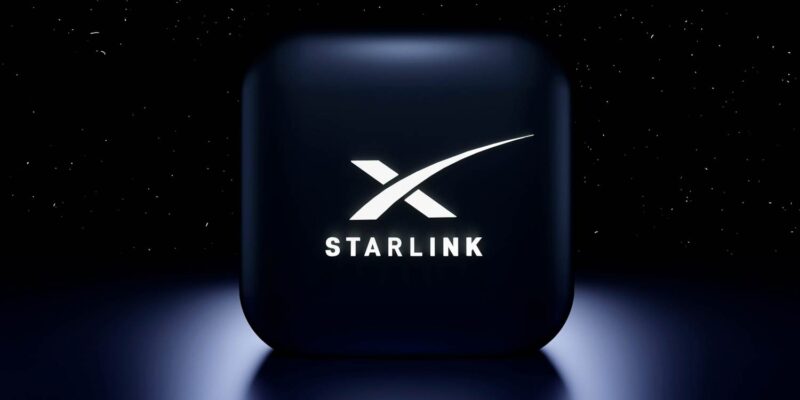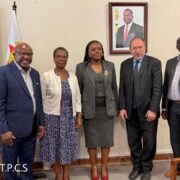Starlink is expanding across Central and Southern Africa, bringing high-speed connectivity to regions long underserved by traditional infrastructure. Countries such as Zimbabwe, Zambia, Mozambique, Malawi, and the Democratic Republic of Congo have already approved.
The service is yet to be fully operational in several Central and Southern African countries, but a clear trend is emerging governments are increasingly embracing satellite connectivity as a shortcut to bridge digital divides, especially in remote and rural areas.
In countries like Angola, the DRC, and Gabon, Starlink is already helping expand broadband reach. For these governments, satellite internet is a chance to leapfrog slow, expensive infrastructure projects and connect citizens faster and more affordably.
By Ruvarashe Gora
Globally, Starlink’s rollout has gained momentum, but not without resistance. In Latin America, most countries have welcomed the service, yet Bolivia remains offline, reportedly due to political resistance and regulatory delays. Belarus, in Eastern Europe, also continues to deny access, likely over state control of digital information.
However, according to Starlink’s official coverage map, while several nations in the Southern African Development Community (SADC) and much of Central Africa are connected or marked for rollout, South Africa still holds back.
In South Africa, the roadblock is largely regulatory. The Independent Communications Authority of South Africa (ICASA) mandates that telecommunications licensees must have at least 30% equity ownership by historically disadvantaged groups including black people, women, youth, and persons with disabilities. Starlink has not yet applied for an operating license, likely deterred by this equity requirement.
The Democratic Alliance (DA), South Africa’s leading opposition party, has criticized the policy, claiming it hampers innovation and delays affordable internet rollout in poor and rural communities. The party argues the regulations benefit politically connected individuals under the guise of economic empowerment.
Despite the regulatory impasse, some South Africans are finding backdoor access. Local internet providers such as IT Lec have begun importing Starlink kits and activating them using the roaming feature. While technically functional, this workaround exists in a legal grey area and is not officially approved.
As Central and Southern Africa edge toward a more connected future, Starlink’s expansion highlights the growing appetite for alternative internet solutions. But South Africa’s holdback raises key questions about balancing redress policies with technological advancement in an increasingly digital world.













Comments